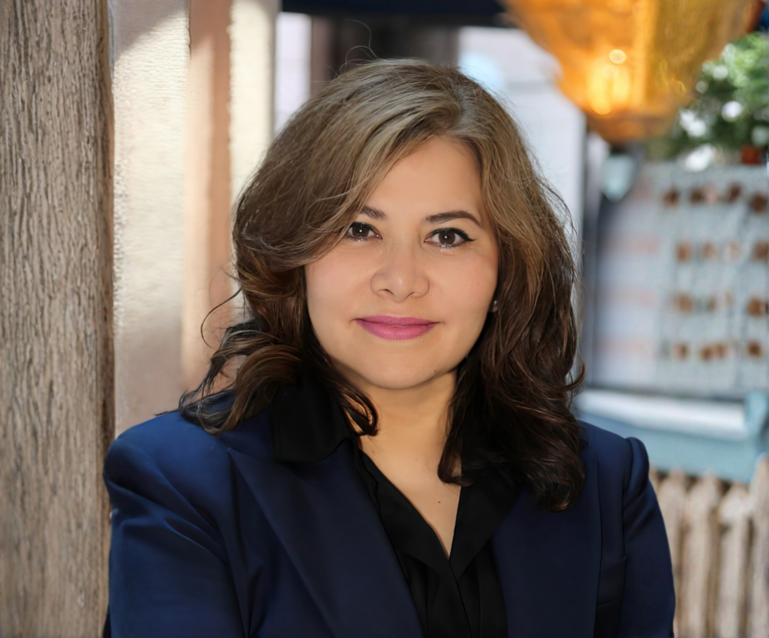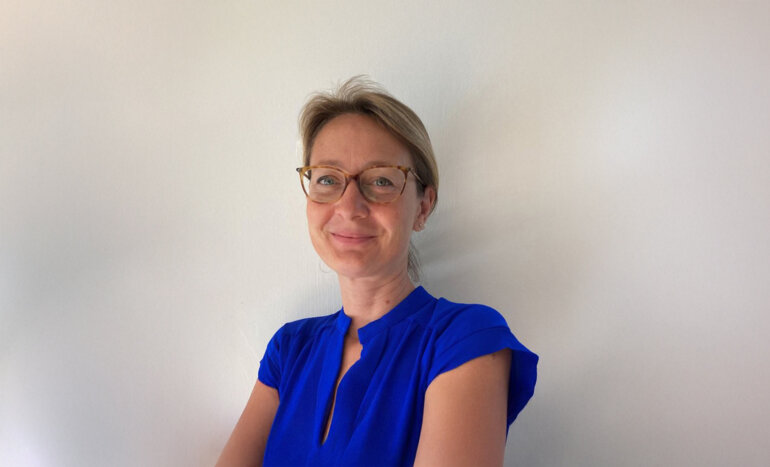Author: Prof. Suresh Senan, Amsterdam University Medical Centers, The Netherlands
According to the presentation in Presidential Symposium II at ESMO Virtual Congress 2020, the phase III LungART trial failed to reach its primary endpoint of an improvement in disease-free survival (DFS) with mediastinal post-operative radiotherapy (PORT) in non-small-cell lung cancer (NSCLC) (Abstract LBA3_PR). The study randomised 501 patients with completely resected stage IIIA N2 NSCLC to PORT (54 Gy in 27–30 fractions) or no PORT.
It has been known, since the publication of a meta-analysis in the late 1990s, that PORT could be detrimental to survival in patients with NSCLC pN0 and pN1, but there has been uncertainty regarding its utility in patients with pN2 disease. A large database study published in 2006 and a second study in 2017, both suggested that PORT could have an overall survival benefit in patients with N2 disease. However, LungART is the only large, adequately-powered, high-quality, randomised trial in the modern era to be completed in these patients. The trial selected a well-defined, high-risk patient population, 91% of whom had undergone positron emission tomography scans, and 95% of whom had undergone systemic chemotherapy. The quality of surgery performed was clearly specified and also reviewed centrally by a surgical committee, highlighting the quality of the results presented at the ESMO congress.
At a median follow-up of 4.8 years, the DFS hazard ratio reported in the trial was 0.85 (95% confidence interval 0.67–1.07; p=0.16), with median DFS times of 30.5 months for PORT and 22.8 months for no PORT. Three-year DFS rates were 47.1% and 43.8% with and without PORT, respectively. There was also no evidence that radiotherapy improved overall survival, with 3-year rates of 66.5% with PORT and 68.5% without PORT. Not only did PORT fail to provide a survival benefit, it may actually be harmful for patients, with an incidence of late grade 3–4 cardiopulmonary toxicity twice that in patients without PORT (10.8% versus 4.9%).
The results are somewhat surprising, given the encouraging indications from the previously published database studies. This serves to confirm the inherent limitations of database studies that cannot be corrected for by statistical methods. Appropriately-powered, prospective randomised trials remain necessary.
The findings from LungART may well be the death knell for further trials of PORT, as improvements in radiotherapy delivery are unlikely to make a meaningful impact. For example, the radiotherapy fields in LungART were clearly defined based on surgical findings. Any in-field recurrences would indicate a lack of radiotherapy efficacy, and details of out-of-field recurrences are awaited. Attempting to avoid the latter by extending the radiotherapy area would only further increase the already considerable toxicity of this treatment. Omitting PORT reduces toxicity and it should not be used to compensate for poor surgical technique.
In the management of radically resected pN2 disease, radiotherapy will continue to have a role in the ablative treatment of low-volume recurrences in brain and other sites (so-called oligometastases) and as conventional chemoradiotherapy to the thorax in patients who develop isolated nodal recurrences. We also need to focus our efforts on finding better post-resection treatments in these high-risk patients. In this respect, results are expected soon from a number of trials exploring the effects of adjuvant immunotherapy in different stages of resected NSCLC. With the potential to improve survival and/or reduce recurrence at all sites, systemic approaches offer a potential new avenue of hope.
The message from the LungART trial is very clear: PORT is not beneficial for patients with completely resected stage III N2 NSCLC. Clinical practice guidelines must be revised accordingly to ensure that patients are not exposed to the unnecessary toxicity of this approach.
Abstract and session details
- Le Pechoux C et al. An international randomized trial, comparing post-operative conformal radiotherapy (PORT) to no PORT, in patients with completely resected non-small cell lung cancer (NSCLC) and mediastinal N2 involvement. Primary end-point analysis of Lung ART (IFCT-0503, UK NCRI, SAKK) NCT00410683. ESMO Virtual Congress 2020, LBA3_PR
Presidential Symposium II, 20.09.2020, h. 18:30 – 20:25, Channel 1






